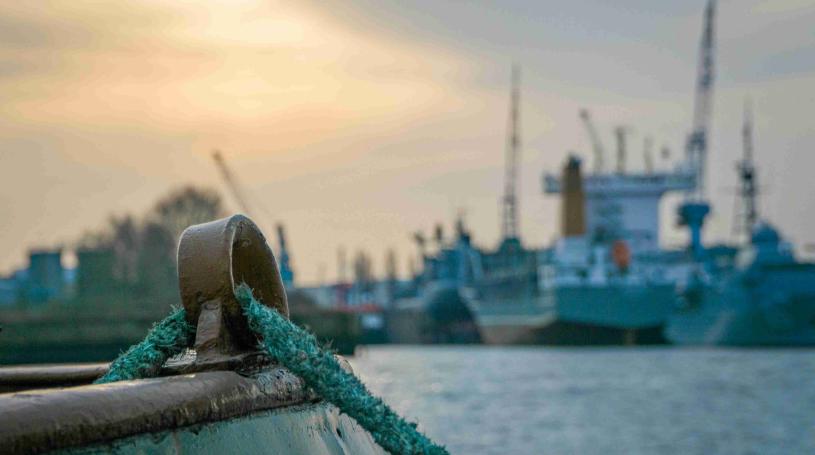‘Eskom of the Seas’? Confusion over move for state control of coastal shipping
The temporary withdrawal from parliament of the controversial Merchant Shipping Bill has fuelled speculation about government’s ambitions for state control over transport of goods along the South African coast.
The Bill, first tabled in 2023, has been halted to allow for more consultation, specifically with Nedlac due to the Bill’s potential impact on the economy. However sources say Nedlac has already submitted a comprehensive analysis of the Bill which includes several concerns raised by business stakeholders. The ongoing delay has therefore fuelled speculation that the Bill may be reformulated in light of concerns raised.
In its current format the Bill seeks to overhaul the Merchant Shipping Act of 1951 “to give effect to the vision of government aimed at reviving the merchant shipping component of the maritime transport sector aimed at enhancing its contribution to economic growth”, Cabinet said in its memo last month confirming the Bill’s withdrawal.
While the Bill is considered vital to the development of South Africa’s maritime sector, concerns have been raised about one section of the Bill that seeks to curb cabotage rights for foreign-owned shipping companies -- in favour of South African companies. The move is viewed as a means to make South African cargo less dependent upon foreign companies, and coincides with a separate draft Bill aimed at setting up a state-owned South African Shipping Company.
Critics of government’s local shipping ambitions say state involvement in the maritime space raises the spectre of another under-performing state enterprise, at a time when the economy would be better served by greater market efficiency. Rather than create jobs, government’s plan could backfire and do more harm than good.
High bunker costs and capacity constraints are just two of multiple factors already negatively impacting shipping. In addition, government is actively seeking foreign investment in logistics infrastructure; new state regulation of coastwise traffic is more likely to deter investors than attract them.
The Bill’s withdrawal from parliament was flagged last week at the Cape Town Port Liaison Forum, a watchdog umbrella body made up of both private and public sector representatives. “The whole thing (The Merchant Shipping Bill) appears to have gone quiet,” said one forum member.
Another member said private sector stakeholders were anxious about the possibility of state control of the feeder routes between South African ports. “I don’t have a problem with a SA-owned shipping line doing feedering, but there needs to be the option for cargo owners to choose (between the state service and other privately-owned operators), and not to have the line nominated by government bureaucrats,” the PLF member said.
Transport Minister Barbara Creecy has reportedly voiced her support for a state-run feeder service as a tonic for local job creation. However there is speculation that she too may have lost appetite for the plan, particularly in light of recent moves to promote private sector participation in the ports and railways.
A well-placed local shipping source said foreign-owned companies have already made significant investments in South Africa, both in the form of infrastructure and jobs.
Any new regulations negatively impacting their operations could therefore be counterproductive: “They may be foreign owned but their commitment to SA is entrenched,” the source said.

